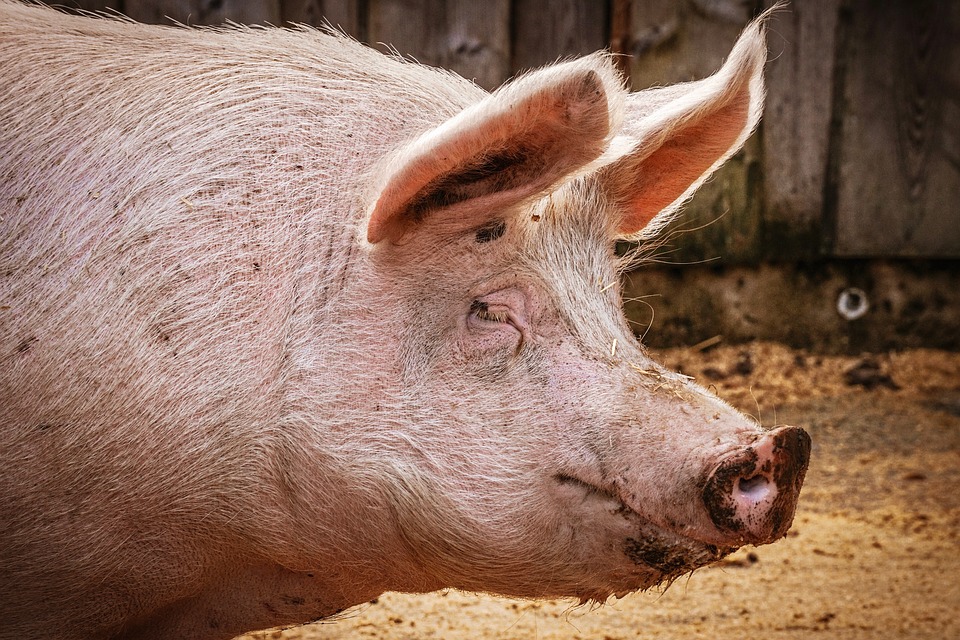Headline
ASF, still ‘managed’: DA

“I think at this point, ASF is still managed.
The level of spread of the disease is a level that we can call it’s managed,” ASF Task Force head, Reildrin Morales, said in an economic briefing in Malacañang. (Pixabay photo)
MANILA — The spread of African swine fever (ASF) in the Philippines is still manageable despite reports that the deadly pig disease has reached backyard farms in Caloocan and Malabon, a Department of Agriculture (DA) official said on Wednesday.
“I think at this point, ASF is still managed. The level of spread of the disease is a level that we can call it’s managed,” ASF Task Force head, Reildrin Morales, said in an economic briefing in Malacañang.
Morales said the spread of the hog disease in the country has been “slow”, with 70,000 culled pigs per month compared to neighboring Vietnam, with 600,000 culled pigs per month.
He said the government has beefed up efforts to control the spread of the disease by finalizing a zoning plan, which would classify areas in the country by their ASF status — free zones, containment zones, surveillance zones, protected zones, and infected zones.
The plan is meant to isolate areas infected with ASF and implement eradication measures in other zones until they are free from the disease.
Morales said the DA and the Department of Health (DOH), through the Food and Drug Administration (FDA), have agreed to disclose results of tests on processed pork products.
The DA has already issued guidelines to effectively manage, control, and contain ASF, requiring all pigs, sick or not, within a 1-km. ASF-declared zone to be surrendered to the local government unit and the Bureau of Animal Industry for culling, he added.
Biosecurity measures
Morales, meanwhile, expressed confidence that ASF in the country could eventually be eradicated, especially if backyard raisers, traders, and the public cooperate with the government.
“Kung halimbawa na mag-iingat yung lahat ng magsasaka, yun lang biosecurity measures, hindi po ma-i-infect ang isang farm (If farmers observe biosecurity measures, a farm could avoid being infected),” he said.
Biosecurity measures are designed to reduce the risk of introduction, establishment, and spread of animal diseases, infections or infestations to, from, and within an animal population.
“It can be controlled, it can be managed, and it can be eradicated. Kapag na-control na natin siya, madali na lang natin siya eradicate (If we are able to control it, it should be easy to eradicate it),” Morales said.
He urged backyard raisers to immediately report to their veterinarian any sign of disease or death of pigs in their area, refrain from swill feeding, refrain from slaughtering dead pigs, and selling them to traders.
Morales asked traders to refrain from purchasing and slaughtering sick pigs that could contribute to the spread of the disease.
The public, he added, should look for the seal and certificate issued by the DA National Meat Inspection Service before purchasing pork in the market.
A report from the World Organization for Animal Health showed that the Philippines reported nine new outbreaks in Luzon affecting backyard and commercial swine, particularly in Caloocan and Malabon.
To date, ASF has already resulted in the death and culling of nearly 70,000 hogs in Cavite, Quezon City, Pangasinan, Bulacan, Pampanga, Nueva Ecija, Antipolo, and Rizal.





















